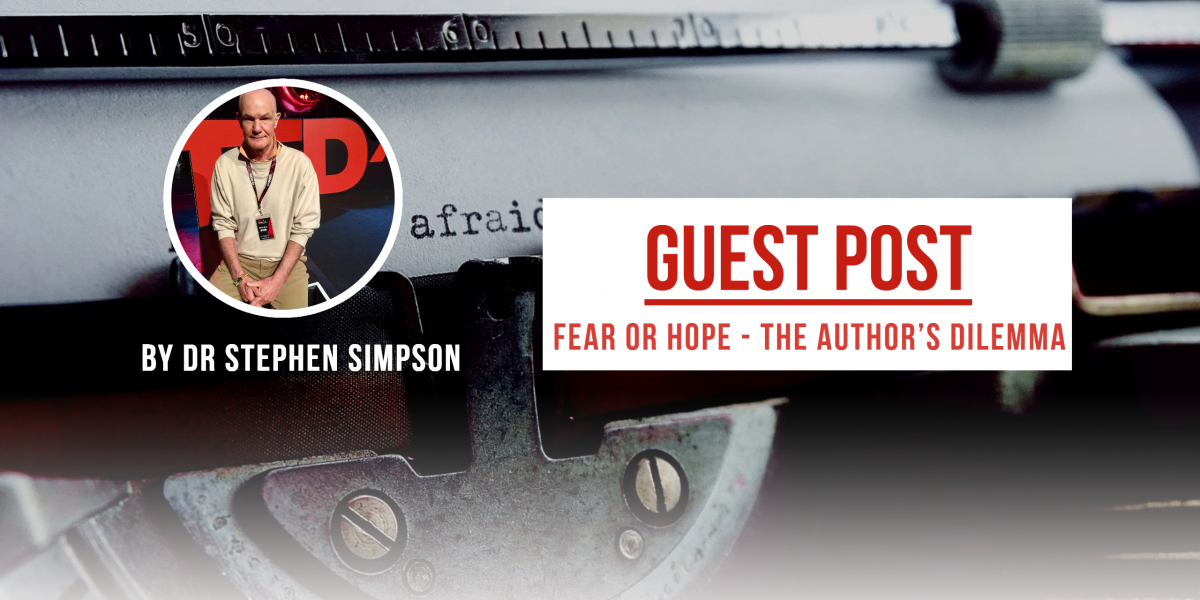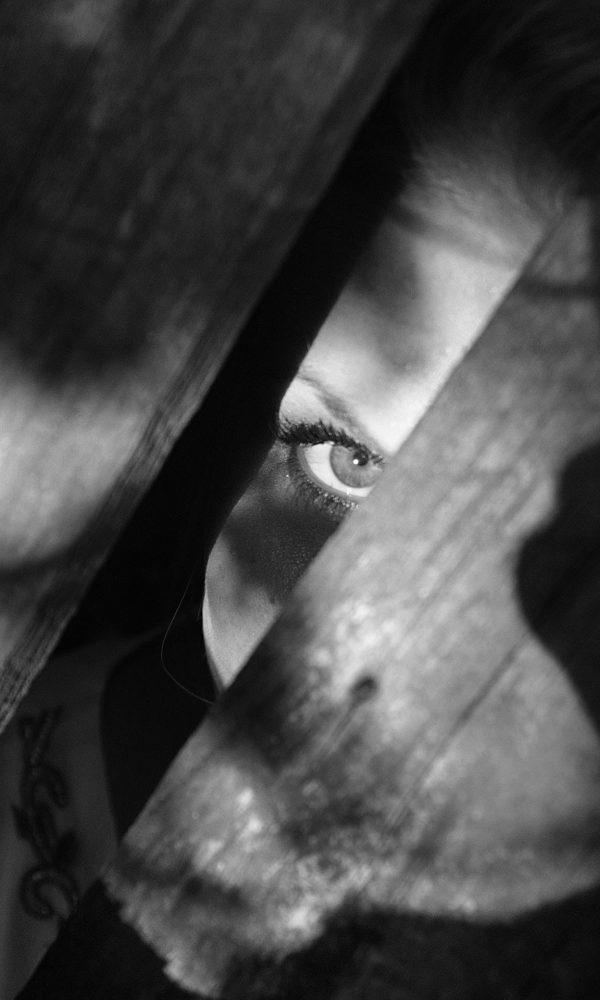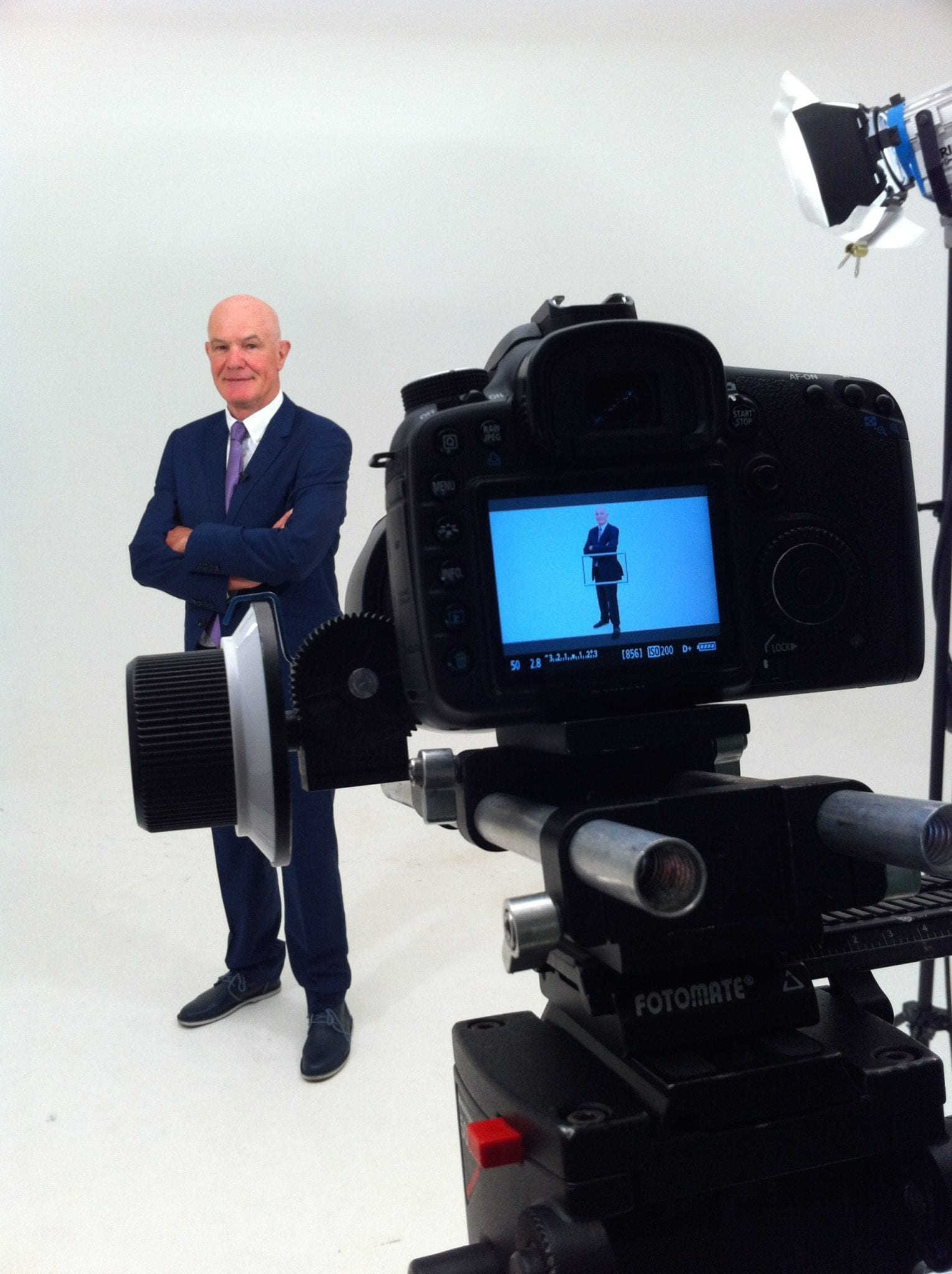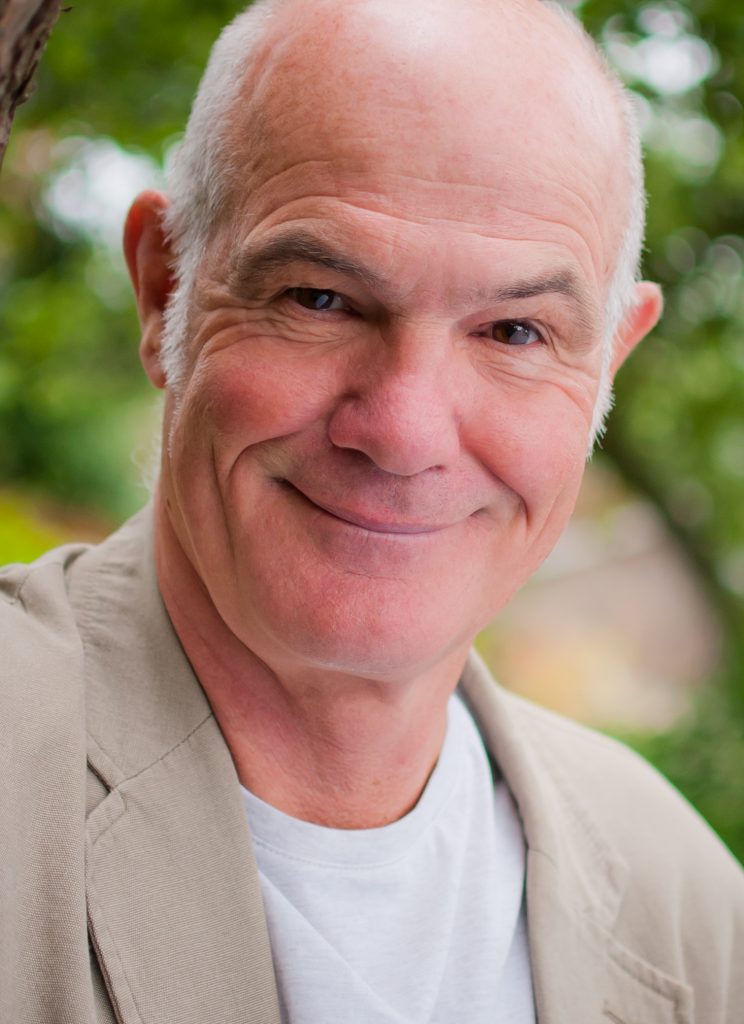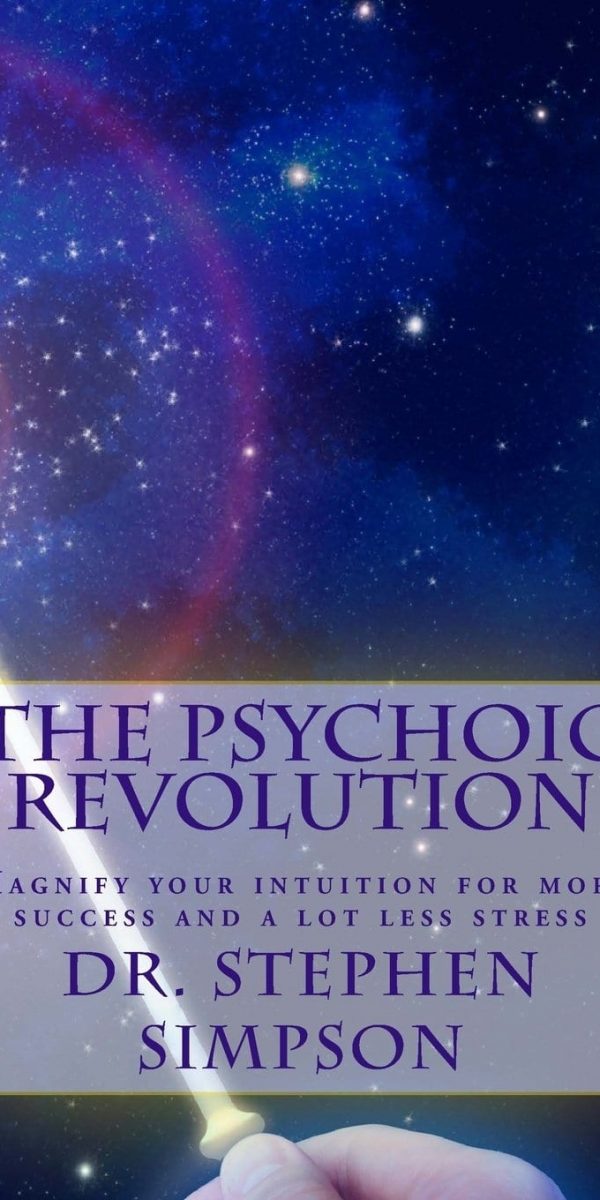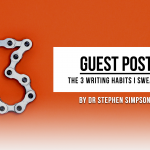In the choice between hope and fear, authors should try to project the former in their writing, according to Dr Stephen Simpson
By Dr Stephen Simpson
Dr. Stephen Simpson is a Fellow of the Royal Society of Medicine, and Elite Performance Director. He regularly appears on TV and radio, and his clients include leading names from the diverse worlds of sport, business, the entertainment industries, and professional poker.
In the latest instalment of his exclusive blog for Palamedes, Dr Simpson discusses the attraction of fear in writing, and why authors shouldn’t pander to it.
THE DEATH OF FREE WILL
Readers of my latest book The Psychoic Revolution will not be surprised when I repeat my controversial statement that most, if not all, of our thoughts originate from our reptile brain. Authors’ brains are no different. The reptile brain is the deepest part of our brain and in evolutionary terms the oldest by a very long way indeed.
Therefore, this raises considerable questions about the function and importance of the higher centres of our brain with regard to the way we view life. Perhaps one of these functions is to rationalise and sanitise some of these deeper and often darker thoughts that surface from our reptile brain and develop a life of their own. It certainly blows a huge hole in the notion that we have a high degree of control over the origin of our thoughts and resultant actions.
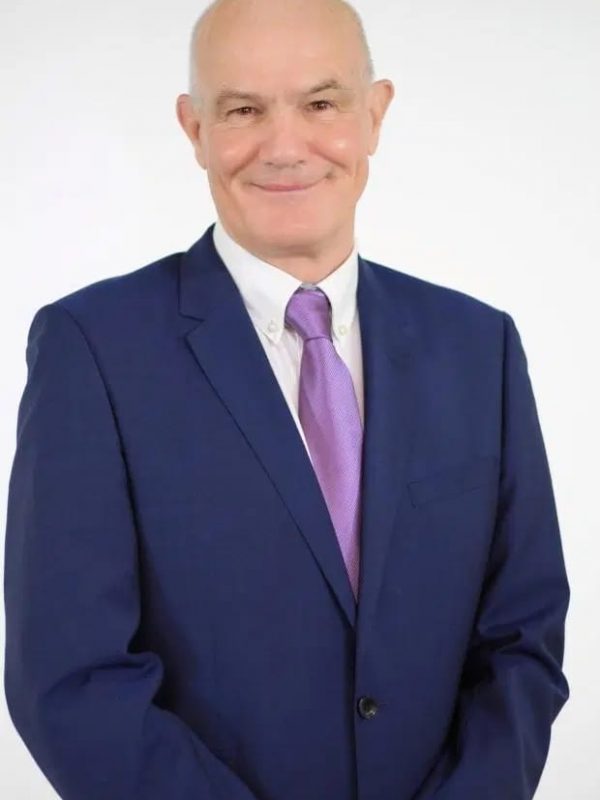
LOOK TO NATURE
Step back and take a wider view of natural laws. The greatest miracle of the universe is the perfect balance that exists in all life forms, and indeed in inert objects too. This balance in our biological processes is sometimes referred to in eastern cultures as yin and yang.
A question that has puzzled me for a long time concerns this balance in our mind, because everywhere I look I see huge fear, and I know that I am not alone. At the moment the overarching news story is the coronavirus influenza outbreak. History tells us that sooner or later this outbreak will die down but we can be sure that some other fear will replace it.
If fear is the yin then its natural antidote of yang just might be hope. I somehow doubt this because the universal balance between fear and hope is very lopsided. This raises the big question. What emotion other than hope is strong enough to gift us resilience in this titanic struggle for the control of our thoughts? You can definitely be forgiven for wondering what this has to do with your book and your readers. Let us hold this question for the moment.
HOPE IS A FRAGILE FLOWER
My life and work has been built around hope as its solid foundation. Whilst I have had success with this approach there is no question that I have chosen a difficult message to sell. In the past I paid a heavy price for this.
As an author where do you stand on this issue? Logic suggests your message should be targeted at the widest audience, which in this case is the fear lobby.
Because the truth is that fear is a lot easier to sell than hope, and nobody knows this better than the news editors, and the politicians. Why are we so emotionally immune-suppressed that we have so little defence against the pandemic infection of fear? Why are we so blind to the hope that has always been with us and always will be? These are tough if not impossible questions to answer.
PHONE A FRIEND
When I published The Psychoic Revolution I set up a closed Facebook page for this book using the same title as a forum for debate for readers of my book. The only qualification for membership is to have an open-minded passion to understand why we make so many poor decisions, and how we might elevate our thinking to a higher level.
When I was trying to put some ideas on paper for this post, with considerable difficulty, a thought struck me from out of the blue. This thought prompted me to do something that I have never done before, despite being the author of more than 20 books and numerous articles, blogs, and more than 200 videos.
This thought was hardly revolutionary. I decided to ask the members of my group what they thought about fear and hope. I had two big surprises. Firstly the speed of their responses was almost immediate. Secondly the overwhelming balance of opinion concerned fear rather than hope. Here are just a few massively abbreviated examples of the elegance of their insights.
FEAR IS CROWNED THE CHAMPION ONCE AGAIN
“Does anyone else sense correlation between the increased ability to have foods and goods delivered to your home to the increase in becoming more fearful and isolated?” Loneliness certainly could be part of the problem.
“The more people have in money, possessions et cetera, the more they feel they have to lose and so get fearful.” An example that money does not necessarily buy happiness, and is not a million miles away from one of the core tenets of Buddhism.
“So much time is wasted on fearing being judged. Just looking at Instagram why do people want to elicit envy? It causes such hopelessness in some people.” A great example demonstrating that ego is no amigo.
“For me fear is overwhelming. It affects everything we do. We tell ourselves why we can’t do this or that. Fear stops me reaching my highest potential. Through my work with manifestation and the law of attraction I can actually see I am the one preventing me moving forward.” This is another lucid example of the damage wrought by ego, and why elite performers post personal bests when they let go, and get out of their own way.
The message here is clear. Readers are very open to sharing their deepest thoughts in a safe place. This is a hugely valuable resource for the author, and well worth your consideration.
CALL FOR THE CAVALRY
I work with elite performers and have countless examples that underline the central theme of all of these great comments.
It has taken me some time to digest these comments, and process my own thoughts. As an author and coach I have reached an uncomfortable conclusion both on a universal as well as a personal level. I am wasting a lot of time trying to promote hope as a vaccination against fear. Whilst it can help it is no more than a sticking plaster solution. My clients, and myself, need something much more potent.
Some of the Facebook comments have pointed me in a different direction, towards possible alternative strategies. I have gone back to history. I have re-read the chapter on Fear in The Psychoic Revolution, and this extract resonated with me.
“Fear is not a problem. The problem is the way we think about fear, and this is why many of us are so confused.”
This is about as far as I can go for the moment. In the next post I will share with you some very powerful examples that can turn down the volume of fear in our thoughts, and how we can turn up the volume of something far more helpful. I will also share with you why there is a big difference between fear and anxiety, and why it is helpful to recognise this distinction. Stay tuned!


